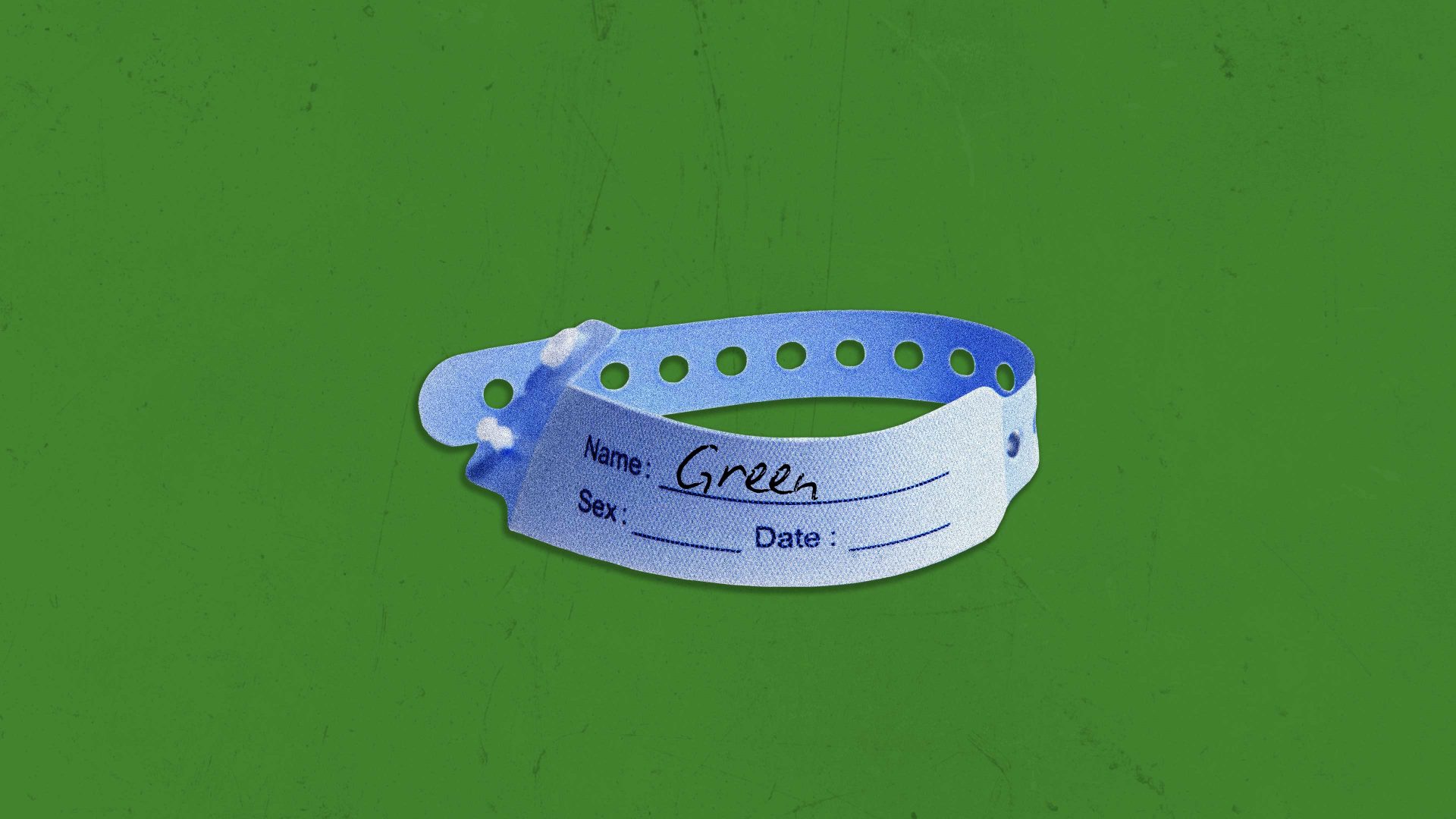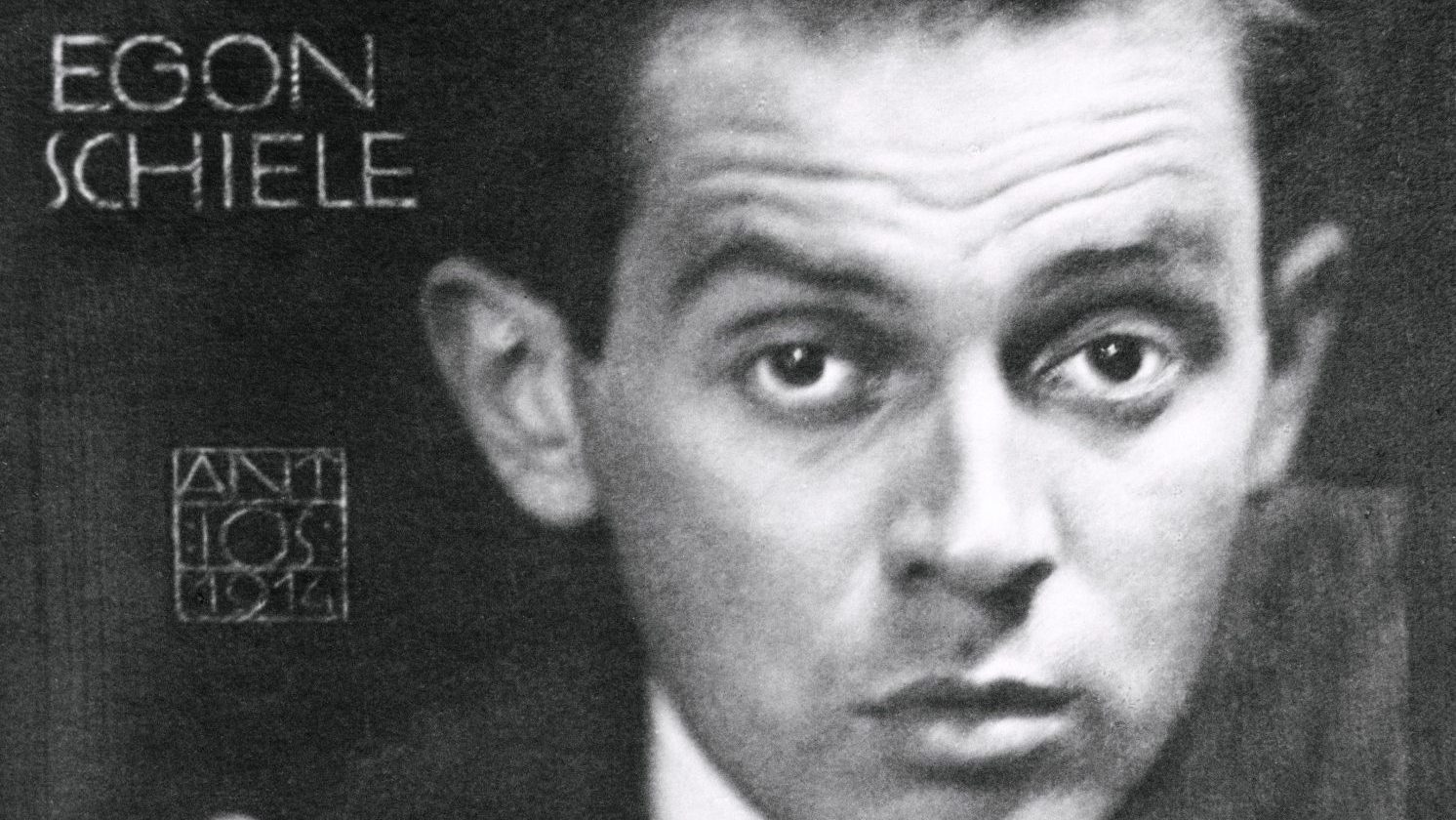Green and Greene are common enough family names in Britain, along with other colour names such as Black, Brown, White and Grey. The four-volume Oxford Dictionary of Family Names in Britain and Ireland reports that there are currently about 115,000 bearers of the name Green on these islands.
The dictionary says that Green was typically given as a family name in medieval Britain to people who lived by the village green, but it cites other possible origins for the surname, such as it being a nickname for youths, novices or others who were “green” in the sense of “new” or “inexperienced”. Further explanations for the name are that it was given to people who habitually wore green-coloured clothing, or who were unfortunate enough to have a greenish complexion. And particularly in countries of immigration such as the USA and Canada, the surname Green may be a translation from German Grün or Yiddish Grin.
But of course it is not only the English language which uses this colour term as a family name. Volodymyr Zelensky, the president of Ukraine, has a family name which is the equivalent of Green, being derived from the colour term zelenyy “green”. Ukrainian linguistic scientists say that the surname Zelensky was, like its English equivalent, given to dwellers by the village green (zelene), but that it might also be connected to concepts such as spring, fertility, and resurrection.
In many other different languages around Europe, the word for green also occurs as a surname – and probably for the same kinds of reason. For example, the great Italian classical composer Giuseppe Verdi (1813-1901), who is particularly celebrated for operas such as Il Trovatore and La Traviata, is sometimes jocularly if irreverently referred to by English-speaking professional orchestral musicians as Joe Green, because Giuseppe does indeed correspond to English Joseph, and Verdi does mean green in Italian. The basic Italian adjectival form verde is derived historically from the Latin verb virere “to be green (of plants)” and “to be vigorous”, with the sense of “being inexperienced” emerging only later on in the history of the word.
Another composer bearing this colour name was the Czech Baroque musician Jan Zelenka, who spent much of his professional life in Prague, Vienna and Dresden. His compositions were much admired by his contemporary, Johann Sebastian Bach. (The surnames Zelenka and Zelensky are similar because of the close relatedness of Czech and Ukrainian, both being Slavic languages)
And while we are on the subject of composers, the Irish and Scottish Gaelic word for green is glas: it is possible that the surname of Philip Glass, the contemporary American composer, may ultimately derive from this Celtic source, though his partially Latvian ancestry does to a certain extent speak against this; and in any case, a more obvious source for the family name Glass is as an occupational name for a glassblower.
Several well-known sportspeople also have names equivalent to “green” in other languages. The New Zealand former international cricketer Richard de Groen has a Dutch-language surname denoting the colour green; and the family name of the Polish international footballer Piotr Zieliński, currently a midfielder with Inter Milan, carries the same meaning. The French word for the colour green, vert, also makes an appearance in the surname borne by the American basketball player Caris LeVert.
VERDI
The Italian titles of some of Verdi’s operas are not always entirely understood here, but they are easily translatable. Il Trovatore simply means “the troubadour”. And La Traviata is the feminine past-participle of the verb traviare which signifies “to lead astray”, so it means “The woman or girl led astray”.




